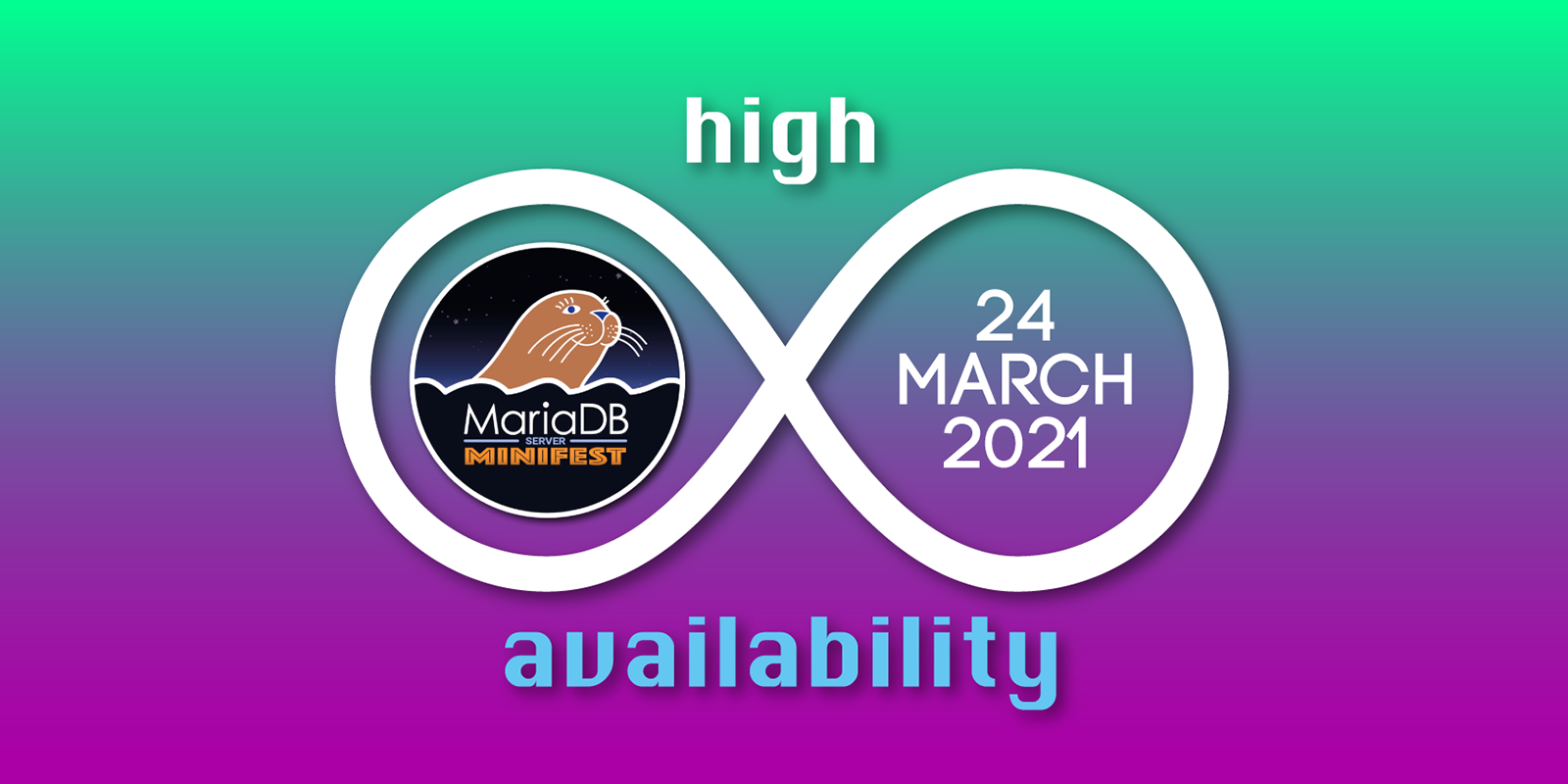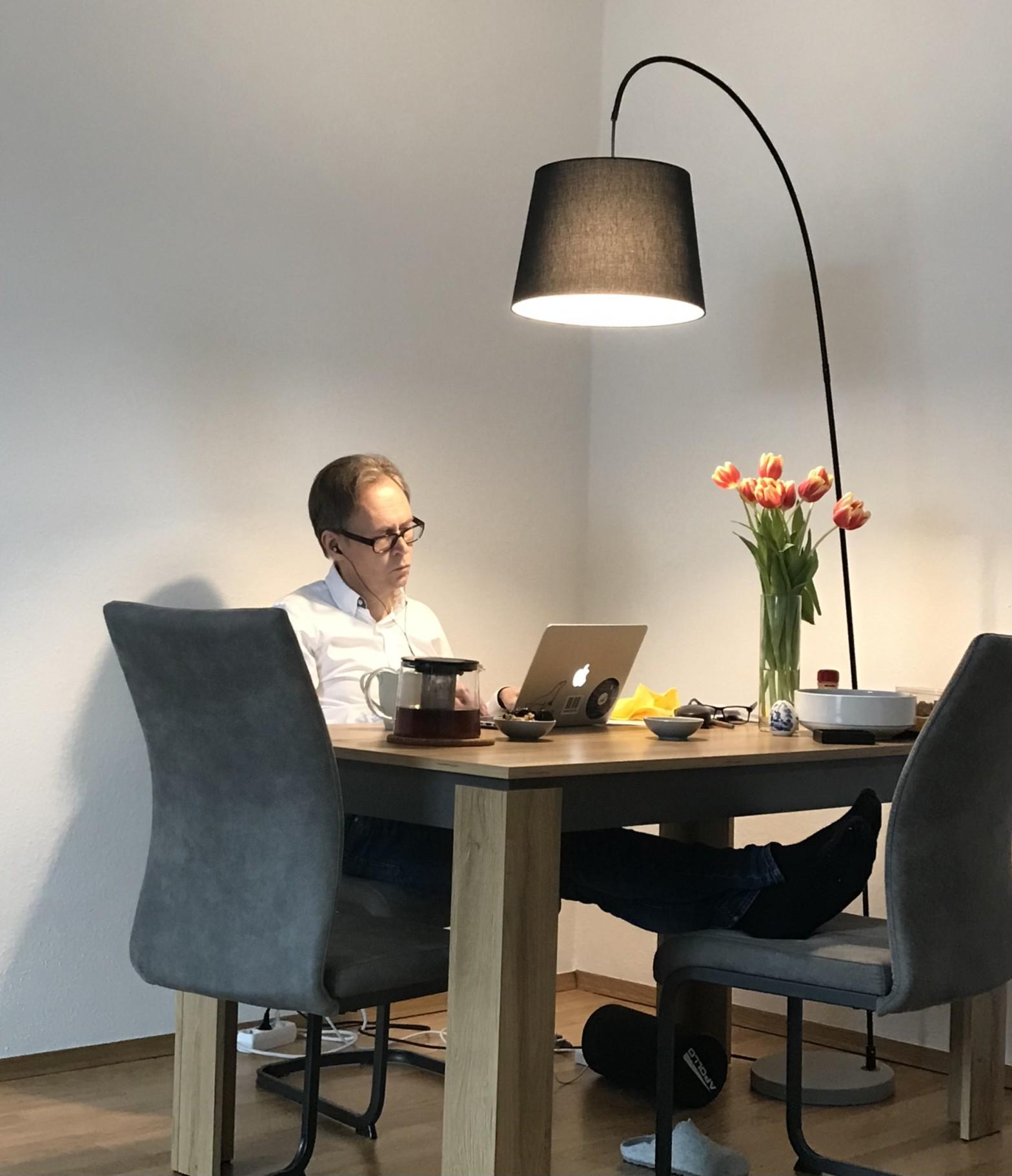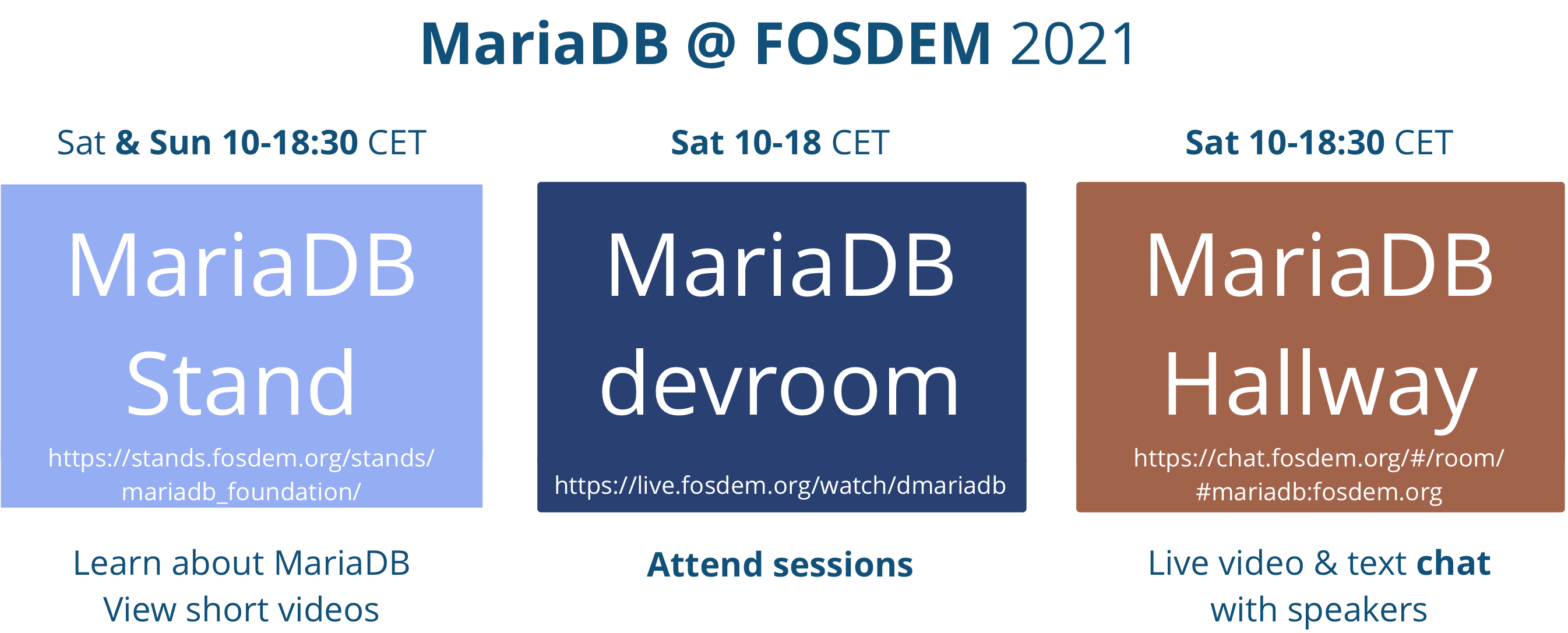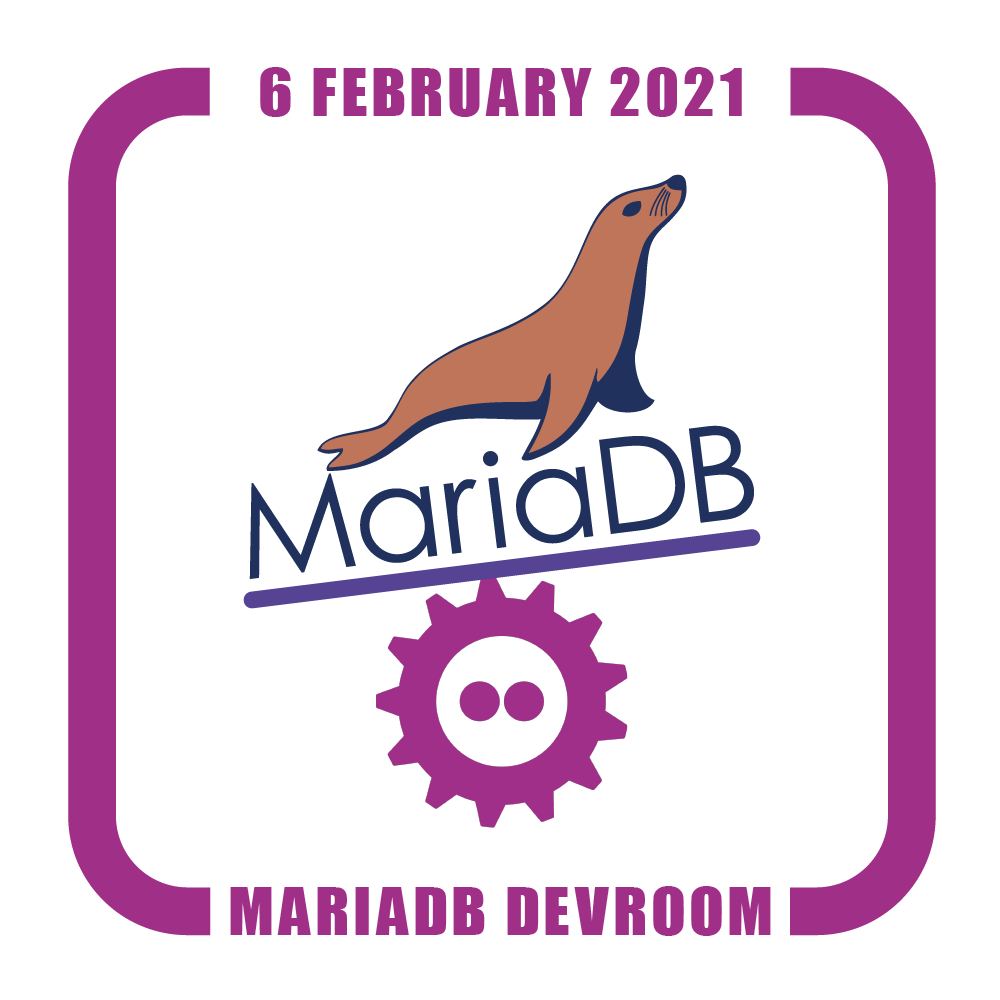Federico Razzoli, Vettabase director and consultant, and well-known member of the MariaDB community, has contributed a new section to the MariaDB documentation, on Automated MariaDB Deployment and Administration.
Topics covered include:
- Why to Automate MariaDB Deployments and Management
- A Comparison Between Automation Systems – A summary of the differences between automation systems, to help evaluating them
- General information and hints on automating MariaDB deployments in various environments, specifically:
- Ansible and MariaDB
- Puppet and MariaDB
- Vagrant and MariaDB
- Docker and MariaDB
- Kubernetes and MariaDB
- HashiCorp Vault and MariaDB
- Orchestrator Overview
This is an ongoing effort, and Vettabase, a technology partner of the MariaDB Foundation, will be helping to maintain these sections in the future. …
Continue reading “Automated MariaDB deployment and administration”
The MariaDB Foundation is pleased to announce the availability of MariaDB 10.5.9, MariaDB 10.4.18, MariaDB 10.3.28 and MariaDB 10.2.37, the latest stable releases in their respective series.
See the release notes and changelogs for details.
Release Notes Changelog What is MariaDB 10.5?
Release Notes Changelog What is MariaDB 10.4?
Release Notes Changelog What is MariaDB 10.3?
…
Continue reading “MariaDB 10.5.9, 10.4.18, 10.3.28 and 10.2.37 now available”
FOSDEM 2021 was amazing. MariaDB had a developer room and Foundation members contributed talks to a number of other developer rooms. We were listening for ways in which MariaDB server could be improved during all these talks, regardless of which room our MariaDB Foundation staff were in.
MariaDB server developers present provided information related to recently fixed/improved items and things that are planned to be fixed.
Our interactions with the community of users present, many of which we know, gave us an opportunity to have a dialog about some of the parts of MariaDB that they would like improved.
…
Mark your calendar on Wednesday 24 March 2021! Topic: the MariaDB Server MiniFest on High Availability. We have a number of high-profile presenters already lined up, to present the various HA solutions in MariaDB. Our goal: to help you pick the best one.
Role model: The Server Minifest in Dec 2020
The HA MiniFest follows the format of our Dec 2020 MariaDB Server MiniFest on the Release Policy. We start at 14:00 Paris time (CET) – 9:00am New York, 21:00 Beijing.
…
You can take FOSDEM out of Brussels, but you cannot take the Brussels out of FOSDEM. Meeting virtually is different, but FOSDEM once again succeeded in invigorating spirits and building bonds between developers.
Picture on top: myself “at FOSDEM” 2021. Missing the crowds, but still getting interaction!
Presentations now live on YouTube
The MariaDB presenters, the MariaDB Devroom organising committee and the team at MariaDB Foundation put considerable effort into all MariaDB talks at FOSDEM. The 24 MariaDB related talks are now all available on-line as a YouTube playlist on https://www.youtube.com/playlist?list=PLaJ5BwLUdDZ-JQME9xbO2UD3uvBXnizM1
Still friends with MySQL
MariaDB Foundation got its first-ever devroom just for MariaDB Server.
…
Our first poll is your chance to influence how MariaDB Foundation thinks about where we should focus our limited resources. What is most important for you: that we increase our efforts in fixing bugs? That we take the existing features, and make them faster? That we take the existing features, and make them easier to use? Or that we develop new functionality?
Rate each of the four items with up to five stars!
…
Your key URLs on how to attend
- MariaDB devroom: Attend sessions on https://live.fosdem.org/watch/dmariadb
- MariaDB Q&A and Hallway: Text chat during session, and approach the speakers post-session onto the podium on https://chat.fosdem.org/#/room/#mariadb:fosdem.org
- MariaDB Stand: Learn more about MariaDB Server and watch 1-2 min long videos made for FOSDEM on https://stands.fosdem.org/stands/mariadb_foundation/
- Our overall FOSDEM 2021 post: https://mariadb.org/mariadb-at-fosdem-2021/
The purpose of this page
FOSDEM is hard to arrange and attend. Finding your way amongst 8000 people and oodles of buildings and rooms in Brussels is not easy.
…
Today FOSDEM has started! Attend the live sessions happening in the MariaDB devroom (10-18 CET) – and chat about the sessions. Visit the MariaDB Stand (9:30-18) with its own chatroom. And take our poll. Note! We have video issues with the live Q&A – hope it will be fixed through FOSDEM later today. Arranging a meeting for 8000 developers is hard, and attending it can be bewildering – also online.
More notes: How To FOSDEM 2021.
Around this time each year, thousands of free and open source developers gather in Brussels for FOSDEM.
…



